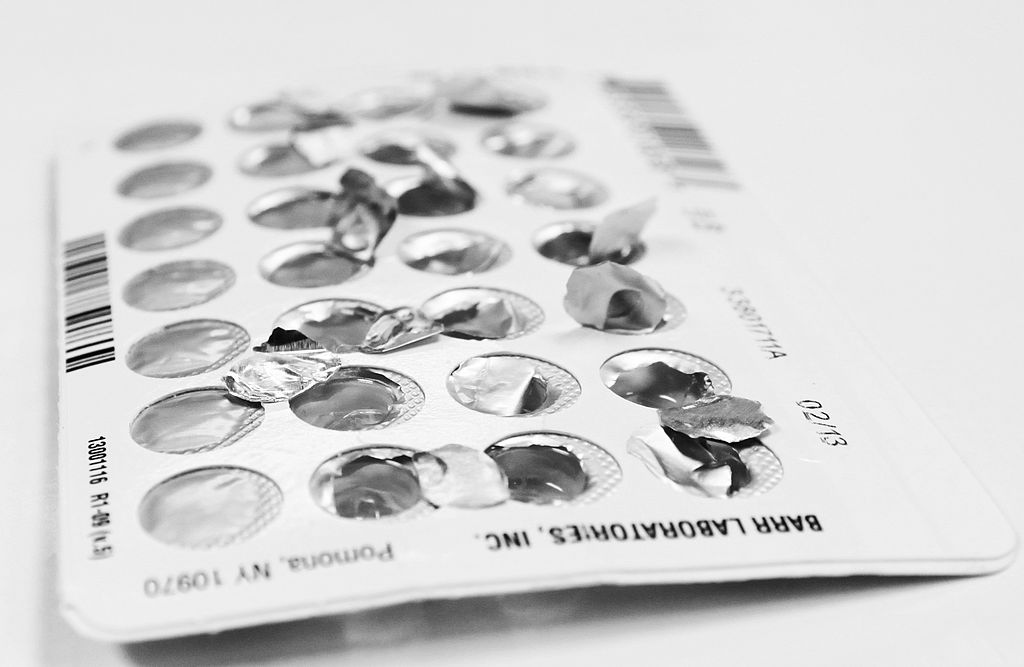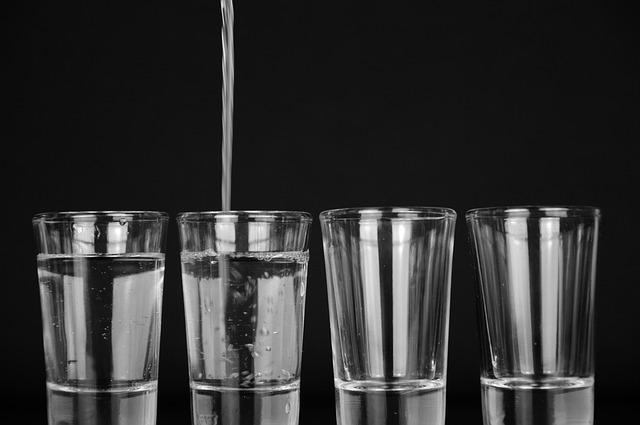Yeast infections have been the bane of women everywhere since the dawn of time. You go to bed feeling confident in yourself, and you wake up feeling like you’ve somehow slept on jagged shards of glass. Everything hurts. It hurts to sit still, so you move. Then you realize that only makes it worse, so why not sit again? That hurts too, though. So in the end, you curl up in a fetal position and try to wish the problem away. It’s miserable.
It’s also common. At some point in their lives, most women will experience a yeast infection. Those that have will hope it’s a seldom-experienced thing, but unfortunately, the recurrence rate is high.
There are a variety of reasons people women have this problem. Some of it is just plain old bad luck. The rest is often lifestyle influenced. While that may sound unnecessarily cruel – you’re just trying to live, right? – it does mean that you have an element of control. If something you’re doing is causing yeast infections, by the same logic, switching your behavior can make a huge difference.
The Problem With Antibiotics
The fact that antibiotics, taken for other medical conditions, cause thrush is a known medical factor. It’s harsh that something to cure an ailment can cause an entirely separate new one. The key to the issue lies in how antibiotics work.
These drugs have a blitzkrieg approach. They destroy everything, including the beneficial bacteria that all of us rely on to keep our bodies working as they should. In eliminating all, the bad bacteria also die.
Unfortunately, you need the good guys. They’re essential for physical health, and especially, the health of mucus membranes. These are delicate areas of the body where pH and moisture work in balance with one another to provide protection, such as the eyes and mouth. Unfortunately, the vagina is also a mucus membrane. When it doesn’t have its protective shield of the good bacteria, it’s all too easy for an invader to set up home.
That’s where thrush comes in. Thrush is a fungus, which is a term that makes it sound as unpleasant as it actually is. It loves to thrive where there is an absence of bacteria, and dark, moist spaces to grow in. So the vagina is pretty much it’s dream vacation spot after a dose of antibiotics.
Why You Should Avoid Antibiotics, Generally
To begin with, antibiotics are becoming an endangered species. Since Alexander Fleming peered into a petri dish and wondered what on earth he had discovered, we’ve become accustomed to a quick cure. Due to this overuse, superbugs which are resistant to antibiotics have begun to thrive.
No new class of antibiotics has been discovered in over 30 years, though research continues. Superbugs continue to flourish. It’s vitally important that we as a species only use these drugs when all other efforts have failed.
Don’t take antibiotics unless you absolutely have to. You’re helping worldwide health at large, as well as limiting your chances of a nasty thrush episode.
Harming the pH
The other major causation for thrush is disturbing the pH balance. Your vagina has a natural pH of around 3.5-4.5, meaning it is ever-so-slightly acidic. Unfortunately, the vast majority of shower gels and soaps are slightly alkaline.
So you get into the shower. Obviously, you want to feel fresh and clean, so you have a quick blitz down below with the same products you use on the result of your body. You forget you’ve done it. You’ve rinsed a naturally acidic part of your body in a solution that it fundamentally disagrees with. In short, it’s going to rebel. Fungus is going to step in to fill the void. It loves the fact that the usual acidic environment it despises is now a sweet alkaline zone to hang out in.
Fortunately, you can buy soaps and shower gels that are designed to match the pH balance that you need. Unless something is specifically marketed as vagina-friendly, don’t use it.
Inside and Out
Now you have solved the lifestyle issues; it’s time to look more internally. If you are not well in yourself, then that’s going to make it easier for foreign invaders to move in. Remember how antibiotics have a blitzkrieg effect? You have to balance that out throughout your system.
Probiotics
As the name suggests, the arch nemesis of the antibiotic is the probiotic. One eliminates all bacteria; the other encourages the good ones to flourish. If you’ve had a lot of antibiotics, you will have compromised what’s referred to as the microbiome. You can start correcting this imbalance with a few clever supplements. Acidophilus is used by many women for vaginal infections and is a good place to start
H20: Nature’s Cure-All
You’ve probably heard it before, water is essential, this is old news. Like most people, you also likely ignore it – drinking eight glasses a day seems extreme.
The vagina, as mentioned, is a mucus membrane. It needs to be kept moist to be at its best. If you limit the amount you drink, you’re creating an arid environment that will be attractive to any nasties.
Try and drink water on an empty stomach, so you feel less full and bloated. You may need to go to the bathroom more often, but your lack of thrush will make it worthwhile.
A Change In Birth Control
The birth control you use can have an impact on whether or not you get a yeast infection and how severe it can be. Estrogen-based birth control method can lead to an increase in vaginal yeast production. Speak to your doctor about potentially moving from your existing method to a progestin-only form of birth control. It’s also reported that spermicides have a similar negative effect.
Loose Underwear
Granny pants aren’t sexy. It’s an accepted truism, and we’re not stupid enough to try and convince you otherwise. Nevertheless, occasionally alternating in a pair of loose, cotton pants could make a big difference. Give yourself room to breathe.
With that unpleasant thought out of the way, you should now have a good idea of how to handle and prevent yeast infections. Make a few lifestyle changes so that no fungus fancies settling in for a long stay in future.













Comments are closed.